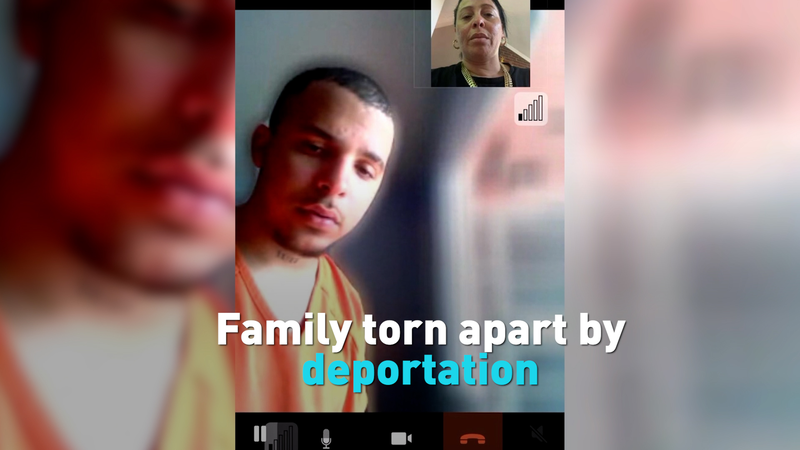Across the United States, immigration enforcement has intensified, leaving thousands removed without their day in court. In Miami, one mother’s story brings this reality into sharp focus.
Her son, married to a U.S. citizen and father to their infant daughter, seemed on track for a stable life. Then, without warning, he was deported to Cuba. The young couple’s dream of building a family in the U.S. was shattered in an instant.
“I sent him pictures of his baby every morning,” the mother recalls. “Now I have to explain why her father is so far away. She barely knows him.” The distance—over 1,000 miles of ocean—has turned bedtime stories into video calls and everyday moments into reminders of what’s lost.
This personal tragedy echoes a nationwide trend. According to court observers, thousands of individuals face removal orders each year without formal hearings. For families, the impact goes beyond statistics: missed first steps, unanswered “why” questions, and hearts divided by policy.
Advocates urge a more compassionate approach. They argue for reforms that weigh family ties, community contributions and the well-being of children. Without these safeguards, they warn, enforcement strategies risk inflicting lifelong trauma on the most vulnerable.
As U.S. lawmakers debate the next wave of immigration policy, stories like this Miami family’s underscore the stakes. Balancing border security with human dignity remains a global challenge—one that affects not just the individuals removed, but the communities they leave behind.
Reference(s):
cgtn.com



